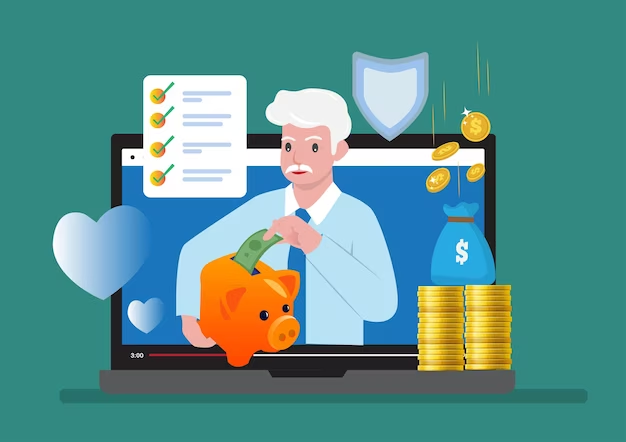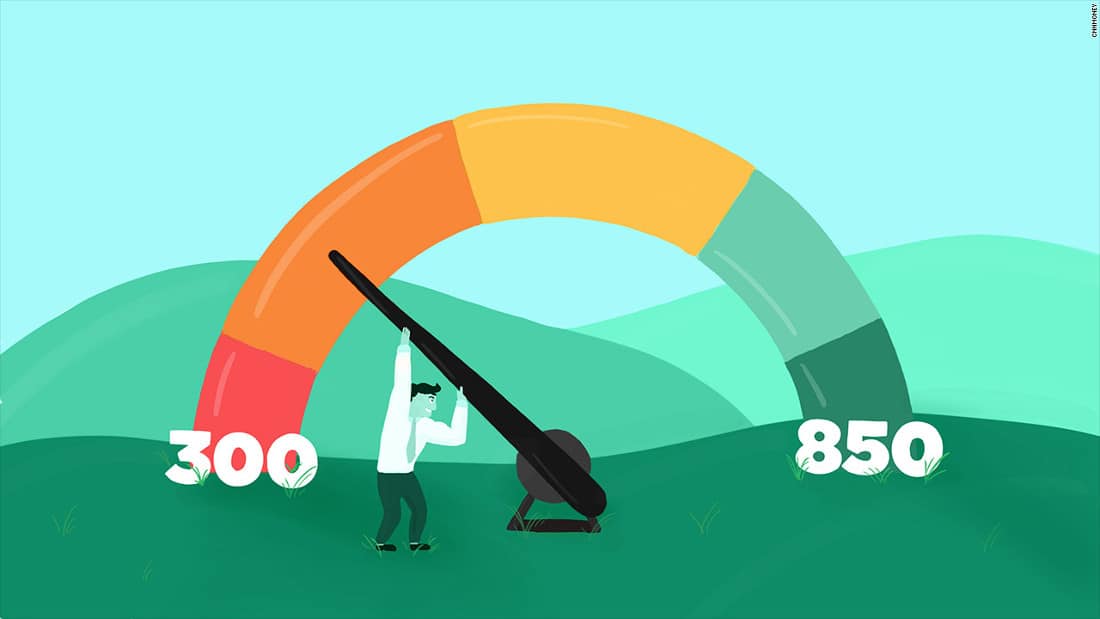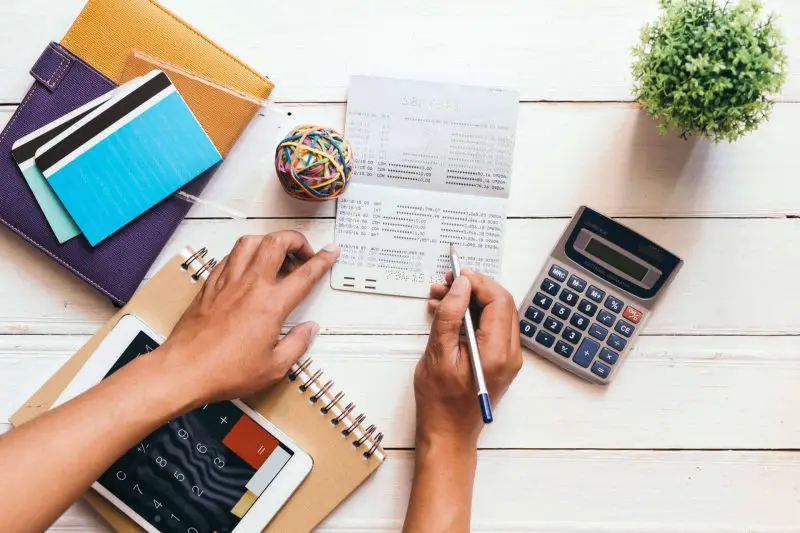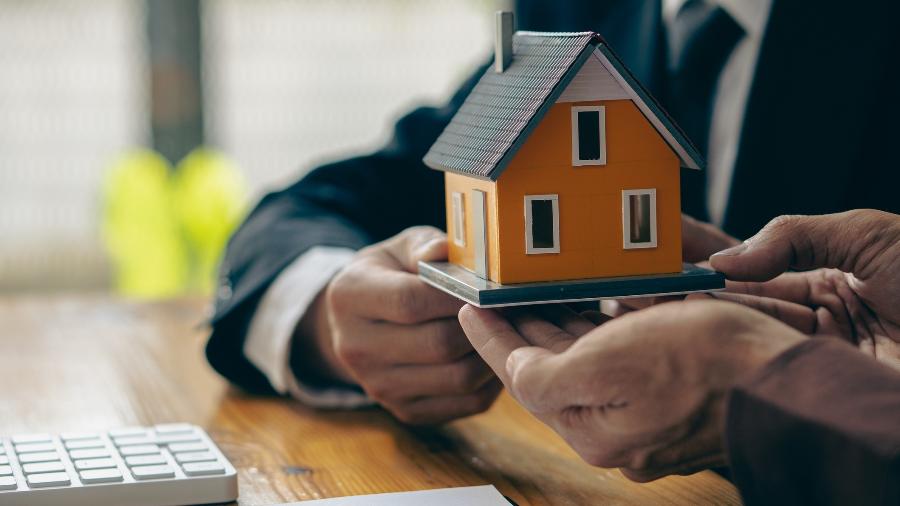
Household spending is often one of the main financial concerns of families.
However, saving money at home is not always easy. There are many factors that influence the budget and often we do not know where to start to reduce expenses.
Review your bills
It's important to review all your bills to make sure you're not overpaying for services you don't use or billing errors.
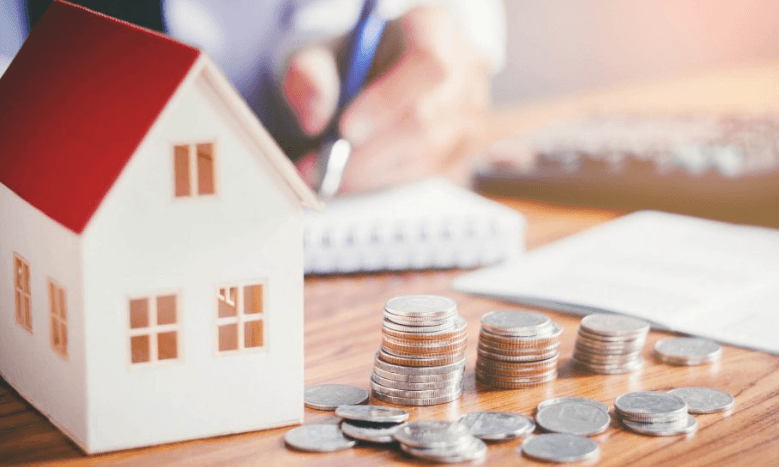
If you find any errors, contact your service provider to resolve them as soon as possible.
Reduce electricity consumption
One of the main ways to save money at home is to reduce electricity consumption.
Not only will this help you save money on your electric bill, but it will also help the environment.
To reduce electricity consumption, you can:
- Change traditional light bulbs for LED bulbs, which consume less energy and last longer;
- Unplug appliances that you are not using, instead of leaving them in standby mode;
- Take advantage of natural light as much as possible by opening curtains and blinds during the day;
- Do not leave chargers plugged in when not in use;
- Use efficient appliances, such as washing machines and refrigerators with energy label A or higher;
- With these simple tips you can significantly reduce your electricity consumption and save money on your electricity bill.
Use LED bulbs
LED bulbs are more energy efficient than incandescent bulbs and last much longer, which means you won't have to replace them as often.
Although they may be a little more expensive at first, in the long run you'll save money on your electric bill and on buying new bulbs.
Make use of natural light
Natural light is a great way to save money in your home. Instead of turning on the lights during the day, open the curtains and let the sunlight in.
In addition to being free, natural light is also healthier for your eyes and your body in general.
Save water
Water is a valuable and scarce resource, so it is important to save it at home. Here are some tips:
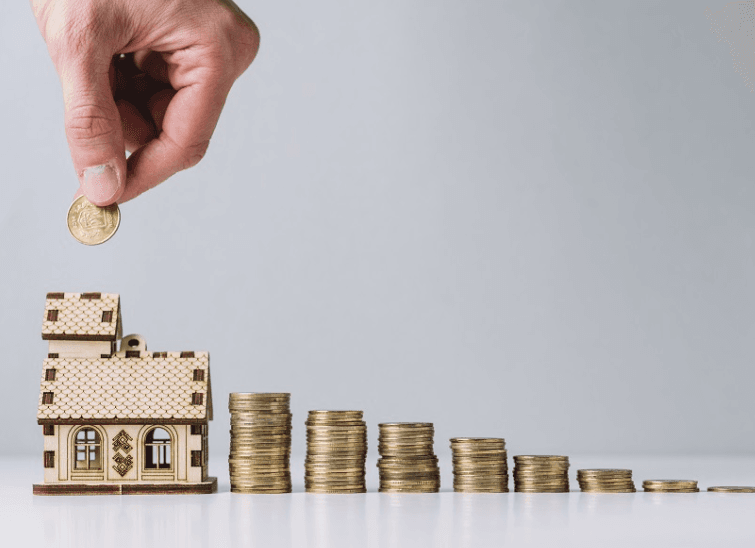
- Repair water leaks in pipes and faucets;
- Don't leave the faucet running while brushing your teeth or washing your hands;
- Use the washing machine and dishwasher only when they are full;
- Don't use the hose to wash the car or water the plants, use a bucket and a watering can;
- Change your bathing habits: take short showers instead of long baths and turn off the tap while soaping up.
Use efficient appliances
Appliances are one of the biggest energy consumers in the home.
Therefore, it is important to choose those that are more efficient to reduce consumption and save money on your electricity bill.
When you go to buy an appliance, look at the energy label. Those with an A+++ rating are the most efficient and consume up to 70% less energy than class D appliances.
Plan your purchases
One of the best ways to save money at home is to plan your shopping.
Make a list of what you need before you go to the supermarket and avoid buying things that are not on it.
You can also look for deals and compare prices at different stores to get the best prices.
Cooking at home
Cooking at home is a great way to save money on food. Buy fresh ingredients and prepare your own meals instead of buying fast food or eating out.
Plus, you can plan your meals ahead of time and shop smart to avoid wasting food and money.
Reduce the use of disposable plastics
One way to save money and the environment is to reduce the use of disposable plastics in the home.
Instead of buying water bottles, use a reusable bottle. Instead of using plastic shopping bags, take your own reusable bags to the grocery store. You can also use glass or metal containers instead of plastic wrap to store food.
Make a monthly budget
One of the best ways to save money at home is to have a monthly budget.
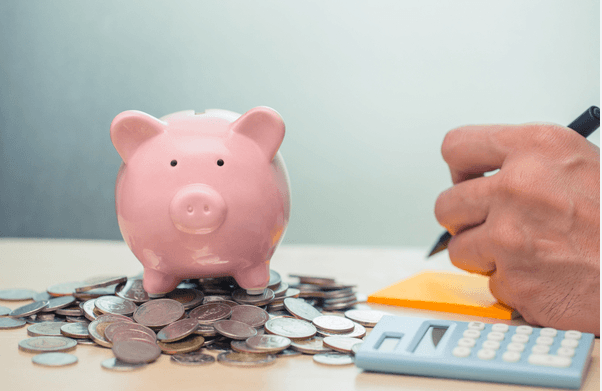
This will allow you to know exactly how much money you have available to spend on different categories, such as food, transportation, entertainment and bills.
To make an effective budget, you should start by writing down all of your monthly income and expenses.
Then, divide your expenses into categories and assign an amount of money to each. Be sure to include an amount for savings and emergencies.
Once you have your monthly budget, be sure to review it regularly to make sure you are meeting your savings goals and adjusting your spending as needed.
Over time, budgeting will become a natural habit that will help you keep your personal finances in order.

